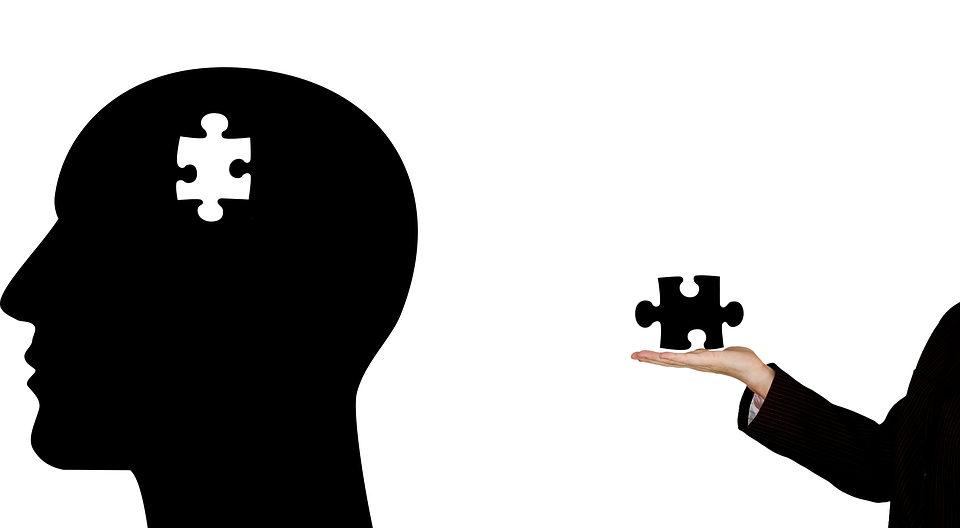![]() Submitted by Anonymous on
Submitted by Anonymous on

Image by Tumisu from http://Pixabay.com
There is something that we do with our minds on a regular basis without realizing ‘how’ we are doing it. That is we are constantly making inferences regarding the things we perceive and think about. For the most part we assume that our interpretation of the world is as it really is. Yet, throughout history, we are reminded that our observations of the world turn out to be something other than what they seem to be. From the earth being the centre of the universe to the way we treat disease, our underlying assumptions not only turn out to be off on many occasions, but sometimes even absurdly so. Therefore it would be to our advantage to become aware of how we typically draw conclusions or make inferences in respect to the things we encounter and deal with on a daily bases.
The oxford dictionary defines inference as: a conclusion reached on the basis of evidence and reasoning. In other words, if we want to make an appropriate inference, then we must step by step reason our way to a conclusion that is based on relevant information and available facts. Now in order to do this well, we have to become aware of the impediments to such a process. Hence we may have to dig deeper into our psychology if we are to discover the core beliefs or assumptions that give rise to our inferences.
Let’s create a scenario to demonstrate how we might draw a poor inference based on a common assumption:
The situation consists of a young beautiful woman dressed in skimpy, provocative clothing, standing on the side of the street by herself late at night. A man driving home from work notices her motioning him to pull over. He infers that she is a prostitute and drives on by. The next day while watching the news on television he sees a picture of the same woman lying dead in a ditch and allegedly raped. It is reported that the 17 year old female – diagnosed with autism – wondered off and was unable to communicate to others that she was in need of help.
This scenario may appear to be a little over the top but it does get the point across. The driver is now acutely aware of his underlying assumption, namely that women who dress in a sexually seductive manner must be a whore, and now feels the need to thoroughly investigate the possibility of other deeply rooted erroneous assumptions, so that he might make more appropriate inferences in the future.
Reshaping the way we think about our experiences will not happen overnight, but applying the principles of critical thinking can help us get there. Drawing good inferences is only one part of the whole, and needs to be worked in conjunction with other elements of thinking. To be effective in dealing with a situation like this one, or any other for that matter, we need to look at the whole picture, rather than base our decisions on what we assume to be the case.
“The greatest progress men have made resides in their learning how to draw correct inferences.” – Friedrich Nietzsche
https://metaphysicaldiscourse.wordpress.com/2019/06/08/inferences-and-interpretations/